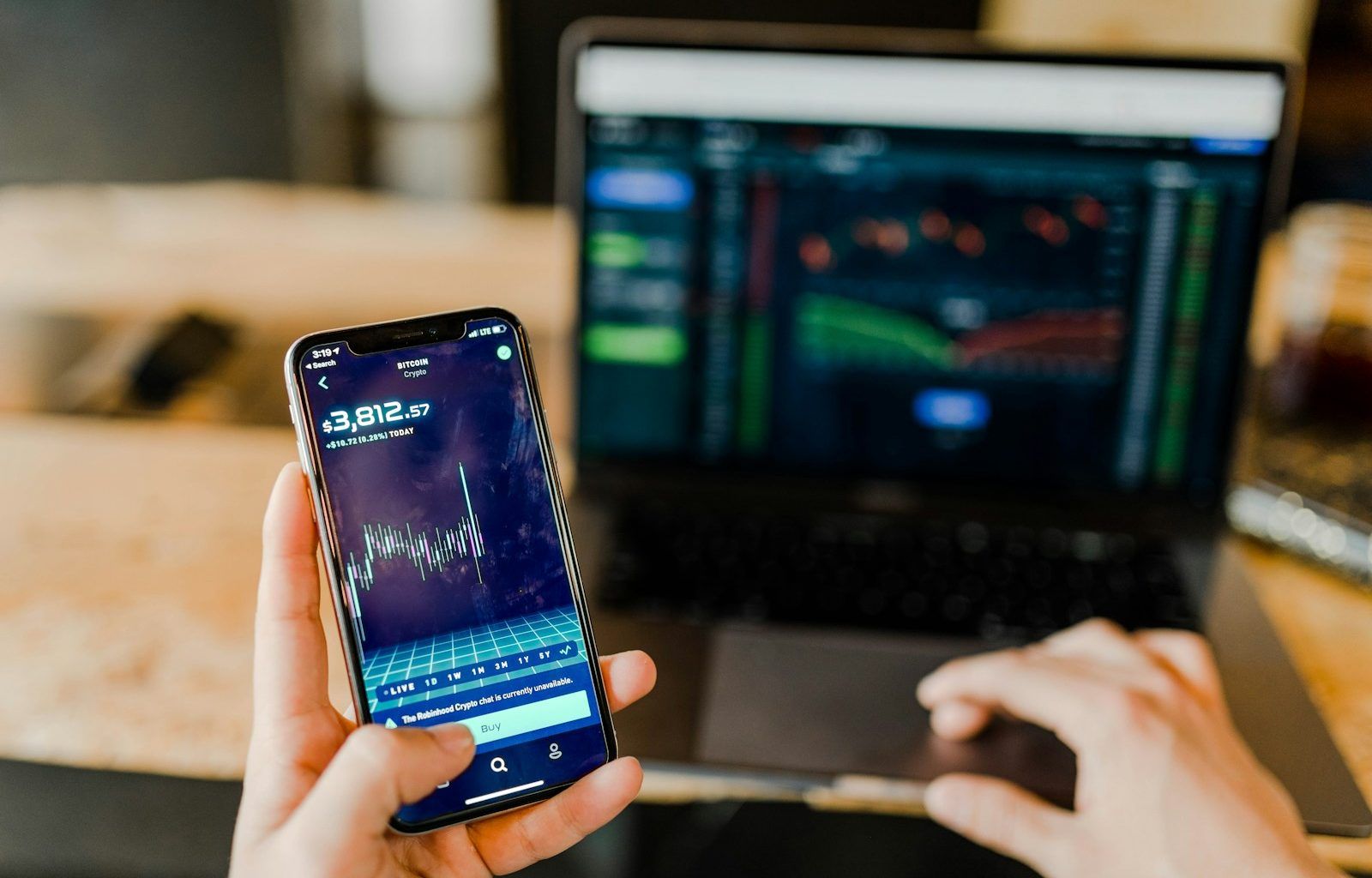Music has a powerful way of connecting people, evoking emotions, and creating memories. If you’re planning to use a song for a project, business, video, or other creative purposes, you need to own or legally obtain the rights to that song. Many people think buying rights to a song is complicated, but it doesn’t have to be. This guide will break everything down in simple terms, so you’ll understand the process, costs, and why it’s important.
Whether you are a filmmaker, content creator, marketer, or business owner, this guide is for you. So let’s dive in!
What Does Buying Rights to a Song Mean?
Before we go any further, let’s start with the basics. What does it mean to buy the rights to a song?
When you buy rights to a song, you’re essentially purchasing legal permission to use that music in specific ways. Depending on the agreement, you might gain full ownership, or you might get a license to use it for a limited purpose. There are two main types of music rights:
- Master Rights – This refers to the actual recording of a song. The master rights are usually owned by record labels or artists.
- Publishing Rights – This includes the composition: the lyrics, melodies, and arrangements. These rights are typically owned by songwriters or music publishers.
To use a song legally, you need to secure the appropriate permissions from the owners of these rights.
Why Do You Need to Buy Rights to a Song?
Now that you understand what song rights are, you might be wondering why you need to buy them. Can’t you just use a song as long as you credit the artist? The short answer is no. Using music without permission can result in serious consequences.
Here are a few key reasons why you need to purchase song rights:
- Avoid Copyright Infringement: Copyright laws protect music, and using someone else’s work without permission is illegal.
- Professionalism: If you’re working on a project for your business or a commercial purpose, having legal music rights gives you credibility and avoids any legal troubles.
- Monetization: You can only monetize videos, films, or content with music if you have the proper licensing.
- Support Artists: Buying song rights helps artists and creators get paid for their work.
By securing music rights, you’re ensuring everything is above board and protecting yourself from potential fines, lawsuits, or content takedowns.
How to Buy Rights to a Song: Step-by-Step Guide
If you’re ready to buy rights to a song, here’s a simple step-by-step process to follow.
1. Identify the Song and Rights You Need
The first step is identifying the specific song you want to use and what kind of rights you need. Ask yourself these questions:
- Do I need the master recording, the composition, or both?
- What is my purpose? For example, are you using the song in a YouTube video, a film, a podcast, or an advertisement?
- Will I need the rights for commercial or non-commercial purposes?
If you’re not sure, you can seek help from a music rights professional or licensing agency.
2. Find Out Who Owns the Rights
To buy rights to a song, you need to contact the copyright owners. This typically involves two main parties:
- The Record Label (master rights)
- The Music Publisher or Songwriter (publishing rights)
Finding this information can be easier than you think. You can use these resources:
- Performing Rights Organizations (PROs) like ASCAP, BMI, or SESAC.
- Music Publishing Databases to locate publishers and songwriters.
- Contact the artist or record label directly.
If the song is independent, the artist might own all the rights, making the process simpler.
3. Negotiate the License Agreement
Once you find the copyright owners, it’s time to negotiate the terms of the license agreement. This step involves discussing the following:
- Usage Rights: Where and how you’ll use the song (e.g., online, radio, movies, commercials).
- Duration: How long you want the rights (e.g., 1 year, 5 years, or forever).
- Territory: Whether the rights are for local, national, or global use.
- Exclusivity: Do you want to be the only person who can use the song for your purpose?
- Cost: Licensing fees will depend on the popularity of the song, duration of use, and purpose.
Don’t hesitate to ask questions during this stage to clarify any doubts.
4. Sign the Agreement
After negotiating the terms, the copyright owners will provide you with a formal licensing agreement. Make sure you review it carefully. If needed, consult a legal expert to ensure everything is clear and fair.
Once you sign the agreement and pay the fees, you’re good to go!
5. Keep Records of the Agreement
Always keep a copy of the licensing agreement and receipts. This protects you if any legal questions arise in the future.
How Much Does It Cost to Buy Rights to a Song?
The cost of buying rights to a song varies widely based on several factors, including:
- The Popularity of the Song: Popular songs cost more than lesser-known tracks.
- Usage Purpose: Commercial uses (like advertisements) are more expensive than personal or non-commercial uses.
- Duration of Use: A longer licensing period costs more.
- Exclusivity: Exclusive rights are more expensive because they restrict others from using the song.
Here are some general estimates:
- Independent Music: $50 to $500
- Well-Known Songs: $1,000 to $10,000+
- High-End Commercial Use: $50,000 or more
If you’re on a budget, consider purchasing rights to royalty-free music or working with emerging artists.
Alternatives to Buying Rights to a Song
If buying rights to a specific song feels overwhelming or costly, there are other options to explore:
- Royalty-Free Music: Platforms like Epidemic Sound, AudioJungle, and Artlist offer affordable tracks you can use legally.
- Stock Music Libraries: Websites like Shutterstock Music and PremiumBeat provide pre-licensed music.
- Work with Independent Artists: Collaborate with up-and-coming artists who may offer more flexible pricing.
- Create Original Music: Hire a composer or use music software to create a unique track tailored to your project.
Final Thoughts on Buying Rights to a Song
Buying rights to a song might seem intimidating at first, but with the right knowledge, it becomes a straightforward process. Whether you’re using a song for business, content creation, or a personal project, securing legal permission is always the best choice.
Remember, music is someone’s hard work and creative expression. By purchasing the rights properly, you’re not only protecting yourself legally but also supporting the artists who create the music we all love.
If you follow this guide, you’ll have no trouble understanding and navigating the world of music rights. Now that you’re equipped with everything you need, go ahead and bring your project to life with the perfect song!
For further reading, explore these related articles:
For additional resources on music marketing and distribution, visit DMT Records Pvt. Ltd..






